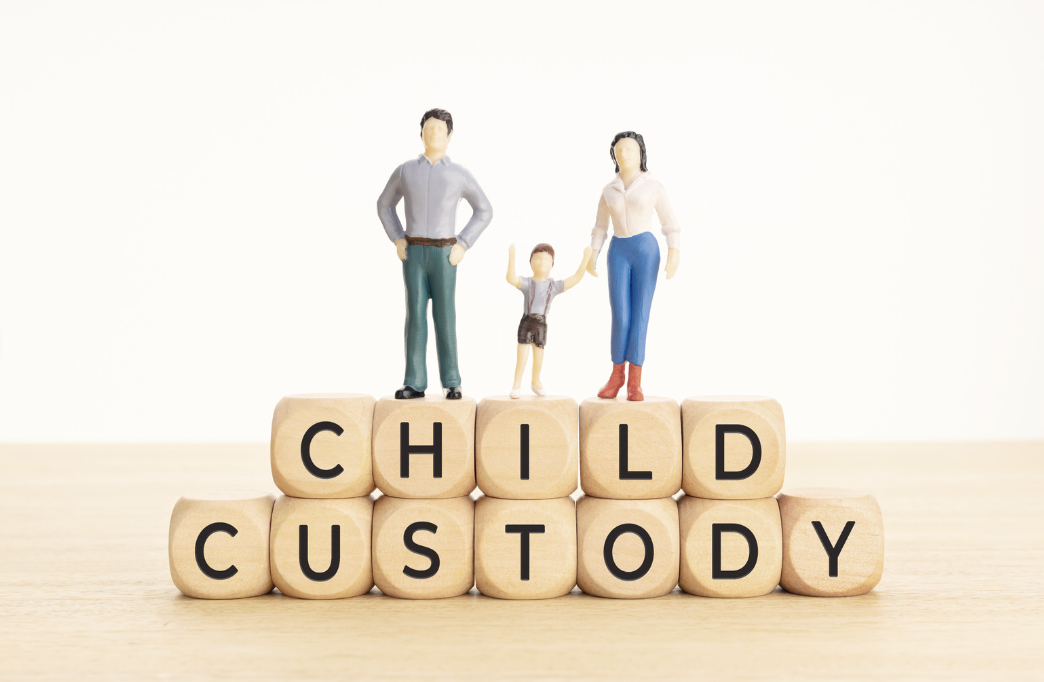Paulette Hamilton | October 18, 2024 | Child Custody Cases in Orlando

“Custodial parent” is a term that describes the legal relationship between you and your child, between you and the other parent, and between you and the family court with jurisdiction over your case. As long as you are married to the other parent, no divorce is pending, and you are not separated from the other parent, both parents are custodial parents. Otherwise, it’s up to the family court to decide. The term “custodial parent” typically refers to the parent with primary physical custody.
The “Best Interests of the Child” Principle
When determining matters such as child custody, Florida family courts rely on the “best interests of the child” principle. The court’s decision should reflect what’s best for the child (not necessarily what the child wants). The best interests of the child takes precedence over the best interests of either of the parents and the best interests of both parents put together.
The Three Kinds of Custody
Florida family law recognizes three kinds of child custody–physical custody, legal custody, and joint custody. All other factors being equal, Florida courts prefer to award the parents joint custody.
What is Physical Custody?
“Physical custody” refers to the child’s living arrangements. If your child lives with you (legally) most of the time or all the time, you have primary or sole physical custody of the child. That doesn’t mean the other parents don’t have visitation rights. Typically, they do. The only way that your child could live with you most of the time without you being a custodial parent would be in the case of child kidnapping.
What is Legal Custody?
Legal custody is the right to make important decisions for the child, such as:
- Where they will go to school,
- Their religious upbringing,
- Consent to medical treatment,
- Participation in extracurricular activities,
- Travel arrangements, and
- Other major life decisions.
Just because you have physical custody of your child doesn’t necessarily mean you also have legal custody. However, you can serve as the custodial parent without legal custody of your child.
What is Joint Custody?
“Joint custody” means custody that the parents share. In joint physical custody, for example, one parent might have the child on school days, while the other parent might have the child when school is out.
With joint legal custody, the parents must come to a consensus concerning life decisions such as, for example, whether their child should join the football team. The court can, however, appoint one parent as the final decision-maker in the event of a dispute.
“Mix and Match” Custody Arrangements
A court might split custody between the parents in the following ways:
- Joint primary physical custody vs. sole legal custody,
- Sole physical custody vs. secondary legal custody,
- Primary physical custody vs. joint legal custody, or
- Sole physical custody vs. sole legal custody.
These are not the only options. The court must make its decision in accordance with guidelines provided by Florida family law,
Custody and Child Support Payments
Which parent pays child support? If one parent lacks sole physical custody or joint custody, it is that parent who typically pays child support to the parent with sole physical custody. The rationale behind this is that the parent with sole physical custody typically shoulders a greater portion of the child’s living expenses. These expenses require reimbursement.
Otherwise, the parents will share child support obligations as the family court sees fit. Certain legal guidelines bind the family court.
The Obligations of a Custodial Parent
If you are a custodial parent, your typical responsibilities include:
- Providing your child with food and shelter;
- Meeting your child’s healthcare needs and arranging for professional medical care;
- Ensuring that your child receives a good education through home school, public school, or private school.
- Meeting your child’s emotional needs;
- Managing your child’s daily activities (picking them up after soccer practice, for example);
- Maintaining a stable and safe home environment;
- Making important decisions regarding your child’s welfare and lifestyle;
- Maintaining a positive relationship with the non-custodial parent, if possible; and
- Keeping the non-custodial parent informed about relevant childcare matters.
Please consider these items general guidelines rather than an exhaustive list.
Talk to an Orlando Family Lawyer
Custody disputes are serious business. Because the outcome of one action can affect another action, the outcome of your custody dispute might affect the lives of you and your child for many years to come. You absolutely must obtain adequate representation from an Orlando family law attorney. Contact the Law Office Of Paulette Hamilton Divorce Lawyers today to schedule a free consultation.
Contact our Orlando Divorce Lawyers at Law Office Of Paulette Hamilton Divorce Lawyers for Help Today
For more information, contact our experienced Orlando divorce lawyers at Law Office Of Paulette Hamilton Divorce Lawyers to schedule a free consultation. We serve all through Florida and it’s surrounding areas. Visit our office at:
Law Office Of Paulette Hamilton Divorce Lawyers

